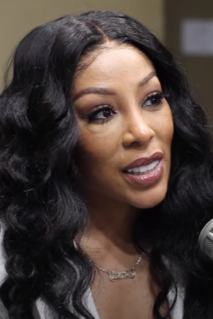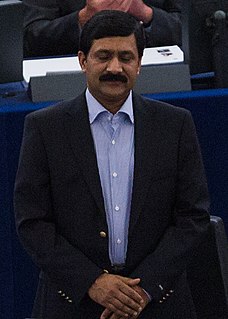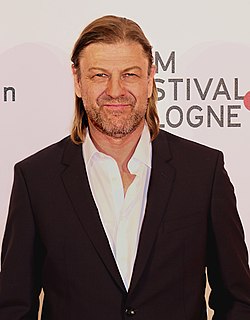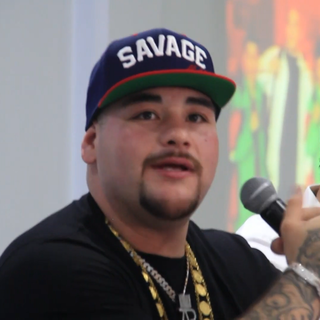A Quote by Amy Chua
There's something suspicious about saying, 'I'm just going to leave my child alone and let her pursue her passions.' You know what? I think most 13-year-olds' passion is sitting in front of the TV, or doing Facebook, or surfing the Internet for hours.
Related Quotes
Everyone wants something that'll appeal to, like, 13-year-olds to 18-year-olds. Especially working in television and trying to pitch shows, they're like, 'We definitely want something that a 14-year-old will be, like, super-psyched about.' And I'm like, 'I don't know if my reality is appealing to a 14-year-old.'
For hours she danced and sang and flirted and did this thing that's-she did Marilyn Monroe. And then there was the inevitable drop. And when the night was over and the white wine was over and the dancing was over, she sat in the corner like a child, with everything gone. I saw her sitting quietly without expression on her face, and I walked towards her but I wouldn't photograph her without her knowledge of it. And as I came with the camera, I saw that she was not saying no.
He leaned her back against the tub, setting her head on the edge, then washed her shoulders. "I know I left you once." She opened her mouth, wanting to say it didn't matter, it was forgotten. But it wasn't. "I know I hurt you." Again, she wanted to argue. But she couldn't. "I know I said I won't leave you again, but I also know that's not enough, and that the only way you're going to trust that I won't leave is if I don't". He slid the cloth over her arms. "If this ends, Hope, it won't be me that ends it. I think you know that.
The idea is that Jodie Foster is with her child and she's going back to New York from Germany with her husband's body. She loses her child on a plane, and you think, 'How can that happen?' There's no record of her having brought a child onto the plane, and the captain is left wondering about whether she's telling the truth. You never really know if she's telling the truth or not.
Dr. Armonson stitched up her wrist wounds. Withen 5 minutes of the transfusion he declared her out of danger. Chucking her under the chin, he said, "What are you doing here, honey? Your not even old enough to know how bad life gets." And it was then Cecelia gave orally what was to be her only form of suicide note, and a useless one at that, because she was going to live: "Obviously, Doctor," she said, "you've never been a 13 year old girl.
Well, she's so alive, Julia Child. And Margaret is so - is so designed. She's so intent upon making her point. That's the most important thing, is that she win the argument, and there is nothing that stands in the way of that train, you know. But Julia's just alive in front of you. That's part of why people loved her. They lived it with her. They breathed it with her. And the mistakes were all part of it.
She seems so cool, so focused, so quiet, yet her eyes remain fixed upon the horizon. You think you know all there is to know about her immediately upon meeting her, but everything you think you know is wrong. Passion flows through her like a river of blood. She only looked away for a moment, and the mask slipped, and you fell. All your tomorrows start here.
There's not one woman in America who does not care about her hair, but we give it way too much value. We deprive ourselves of things, we use it to destroy each other, we'll look at a child and judge a mother and her sense of motherhood by the way the child's hair looks. I am not going to traumatize my child about her hair. I want her to love her hair.
One of my patients told me that when she tried to tell her story people often interrupted her to tell her that they once had something just like that happen to them. Subtly her pain became a story about themselves. Eventually she stopped talking to most people. It was just too lonely. We connect through listening. When we interrupt what someone is saying to let them know that we understand, we move the focus of attention to ourselves. When we listen, they know we care. Many people with cancer talk about the relief of having someone just listen.




































